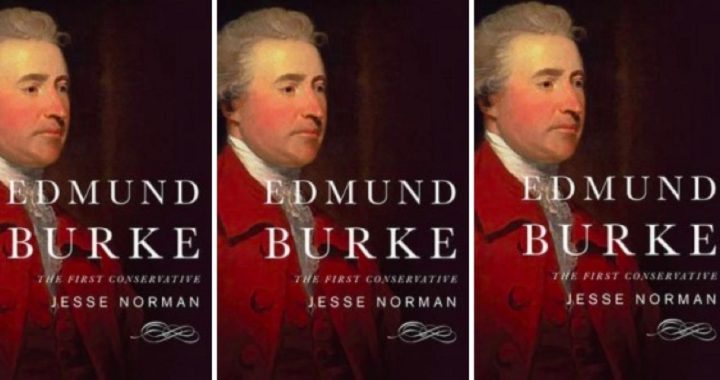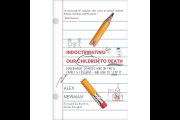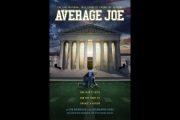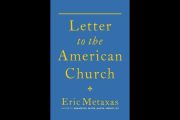
Edmund Burke (1729–1797) has the distinction of being the great progenitor of conservatism in the English-speaking world, but today his reputation is often one which is received by modern conservatives by general acclamation rather than direct experience of his writings. Russell Kirk’s magnum opus, The Conservative Mind, helped reify Burke’s standing as the first in the succession of great minds among English and American conservatives, and thus his writings enjoyed a degree of popularity among Cold War-era conservatives. Today, however, his writings are more likely to be neglected by many of those who attempt to lay claim to his patrimony.
A recent book by Jesse Norman, Edmund Burke — The First Conservative, is a marvelous introduction to the biography and philosophy of Burke. The ten chapters of Norman’s work are divided between “Life” and “Thought.” The portion of Edmund Burke devoted “Life” offers a serviceable biography that provides the reader with a helpful introduction to Burke and his age. However, it is Norman’s devotion to Burke’s thought throughout the entirety of the book, but especially in its latter half, which earns Edmund Burke — The First Conservative a careful consideration by any reader who wishes to better understand the basis of conservative thought in the modern age.
Norman is a member of the British Conservative Party and serves in parliament as the member for Hereford and South Herefordshire. As a member of parliament, Norman is something of an oddity in the modern body politic: an elected legislator capable of philosophical and historical reflection while avoiding a degeneration into either abstraction or banality.
Conservatives are not well served by a neglect of the legacy of past generations. Sadly, however, many so-called conservatives are content to reduce that legacy to a compendium of half-remembered truisms, attempting to distill an entire body of thought to a handful of expressions gleaned from old writings. However, Norman does not so mishandle Burke’s writings. In fact, Norman proves himself a careful student of Burke’s thought and brings a clarity to the statesman’s place in history which is often not fully appreciated by modern readers:
In the first place, Burke become the hinge or pivot of political modernity, the thinker on whose shoulder much of the Anglo-American tradition of representative government still rests. But he is also the earliest post-modern political thinker, the first and greatest critic of the modern age, and of what has been called liberal individualism: a set of basic assumptions about human nature and human well-being that arose in the nineteenth century, long after Burke’s death, in reflection on the Enlightenment, and that govern the lives of millions, nay billions of people today.
Norman demonstrates a continuity in Burke’s thought that has often been missed by students of his writings. Burke was certainly not a utopian architect of a vast system of thought; however, he was a consistent, principled philosopher. In Norman’s words:
Of course it is true that Burke is not, and would hardly have wished to be, the creator of a great philosophical system in the style of Spinoza or Kant. He does not have the distinctively questioning temperament of a Hume, or the mystical flashes of a Wittgenstein. Nevertheless Burke has a rich and distinctive worldview of his own. It is not built up a priori from axioms by the application of logical principles but springs, unsurprisingly, from instinct, law and history: it is assembled from different compositions of thought and then reflectively extended to new contexts. It is not intended to be a closed and completed body of doctrine; indeed it is anti-ideological in spirit. Yet is is full of philosophical insights, and its coherence and power suggest that it bears a more than contingent relationship to the facts of human existence.
In his conclusion, Norman identifies six key lessons from Burke which are applicable today.
First, “extreme liberalism is now in crisis.” The pursuit of liberty abstracted from duty — the denial of what has been called “ordered liberty” — has led to that which Norman calls “various disasters.”
Second, “many of the recent disasters of liberalism arose from failures of policy and leadership which a Burkean perspective might well have been able to avoid.” In this category, Norman includes the mishandling of the recent Iraq and Afghan wars, and the introduction of the euro into the European Union — “the new currency of the euro was introduced as an elite project which deliberately ignored, and ignores, longstanding public concerns about the huge differences in the societies of the various nations involved, and about the legitimacy of the Union’s own institutions.”
Third, “Burke offers an important but undervalued model of political leadership. The purpose of politics for him is to preserve and enhance the social order in the national interest…. Burkean leaders believe in slow government.” Sadly, this is one of the most incomprehensible lessons for modern leaders who are often obsessed with governing by sound bite and who author legislation which finds its origins in the latest crisis.
Fourth, “Burke was driven throughout his career by a hatred of excessive power, and the arbitrary use and abuse of power.” It is precisely such arbitrary use and abuse of power which has plagued the West in recent years—and with particularly devastating effect since the post-9/11 triumph of the national security state. Norman identifies “a kind of ‘crony capitalism’” represented by the East India Company in Burke’s day, and by a host of similar corporate interests in our own age, as an aspect of this concentration of excessive power.
Fifth, “Burke reminds us of the foundational importance of protecting representative government and the rule of law, as a bulwark against the abuse of power.” Norman believes that “good, stable government demands effective political parties.” However, the way in which one might restore a commitment to principle within such parties is a topic worthy of a book-length treatment of its own.
Lastly, “Burke provides a context within which to understand the loss and recovery of social value. His message is a vital and timeless insistence on the importance of human culture, in its widest sense.” It is this “vital and timeless insistence” which rests at the root of modern Burkean conservatism which is exemplified in works such as Kirk’s The Conservative Mind. Unless one can understand the value of that which is lost when such culture is uprooted, one cannot understand the rage which Burke expressed toward the Jacobins in his Reflections on the Revolution in France.
Norman’s book is a commendable introduction to the life and thought of Edmund Burke. One may hope that it will serve as such an introduction, and that those who read Edmund Burke — The First Conservative will then delve deeply into Burke’s own writings.
Jesse Norman, Edmund Burke — The First Conservative (New York: Basic Books, 2013). Hardcover. 325 pages. ISBN 978-0-465-05897-6. $27.99.



